|
“It Is Not What Happens To You, But How You React to What Happens” Epictetus, Greek Stoic philosopher. “The Only Moment In Which You Can Truly Be Alive is the Present Moment” Thich Nat Hanh, Vietnamese Thiền Buddhist monk. “The Things We Love Are Like the Leaves on a Tree: They Can Fall at Any Moment with the Gust of Wind” Marcus Aurelius, Roman emperor from 161 to 180 and a Stoic philosopher. To me it says a lot that these wise words have been around for a long time. They have been changed to reflect the present time. I read how they surface as if they are revelations - something new. They are new to the new generations who are learning now which is the beauty of these wise words. New books surface with the same information and will continue to do so. The underlying wisdom and advice for life, will remain the same. How it is quoted changes to adapt with the times but not the meaning. by Suzie Doscher, Executive Coaching focusing on Personal Development Photo credit: Pexels So are we back to the old, sceptical, observation, of “if you believe it works, it will work”?
Yes, indeed. The placebo effect is indeed powerful and a little mysterious. Many people put it down to “just being in your head”, simply “psychological”. But thoughts are made of chemical interactions in your brain - so a biological process which in turn influences your biology in other ways. So, don’t underestimate the placebo effect - for if it does work, it does indeed work. Self-awareness involves understanding your personality, behaviours and behaviour patterns. It is all about getting to know yourself and what makes you who you are.
Raising your self-awareness starts with self-reflection and observing your behaviour and reactions. Self-reflection can be a powerful tool on its own. Time spent exploring this is time well worth spent. Raising your self-awareness can involve observing yourself for ca 2 weeks. Make notes of what you witness:
More Personal Development Tips
|
Suzie Doscher is a Professional Executive Coach focusing on Personal Development. Located in Zurich, Switzerland. Her approach to personal development is practical and successful.
Suzie is happiest when helping people. Her vision is everyone should have access to techniques for personal growth and development. This was the motivation behind her book. Author |













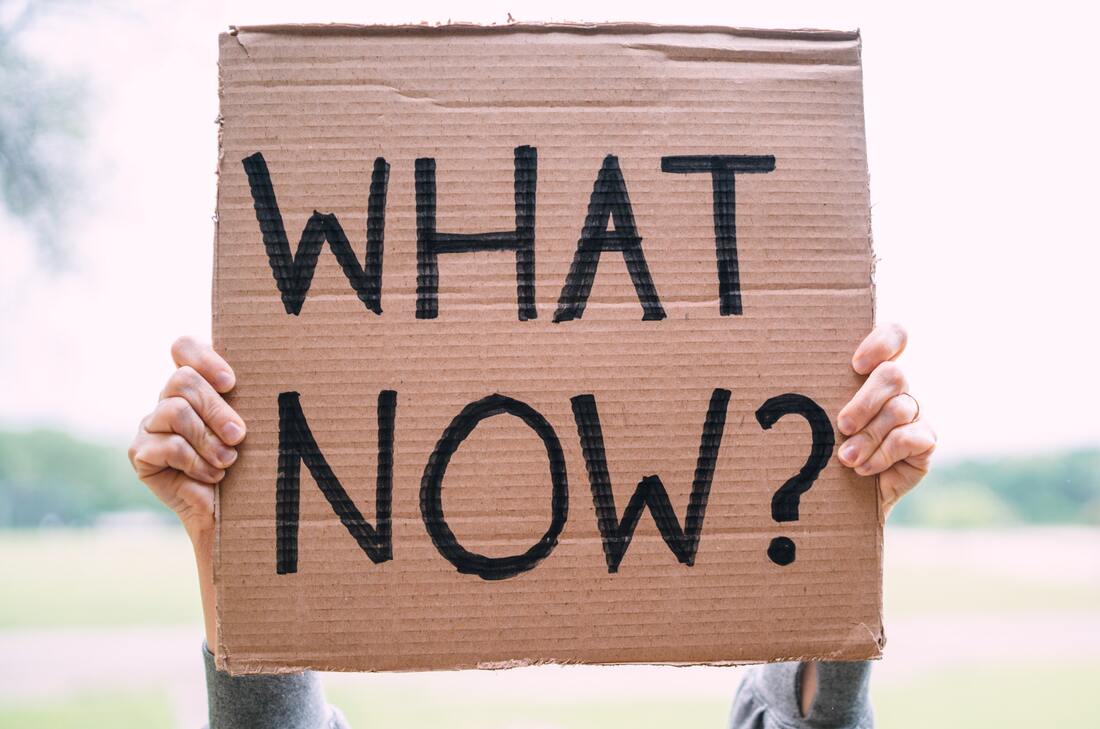



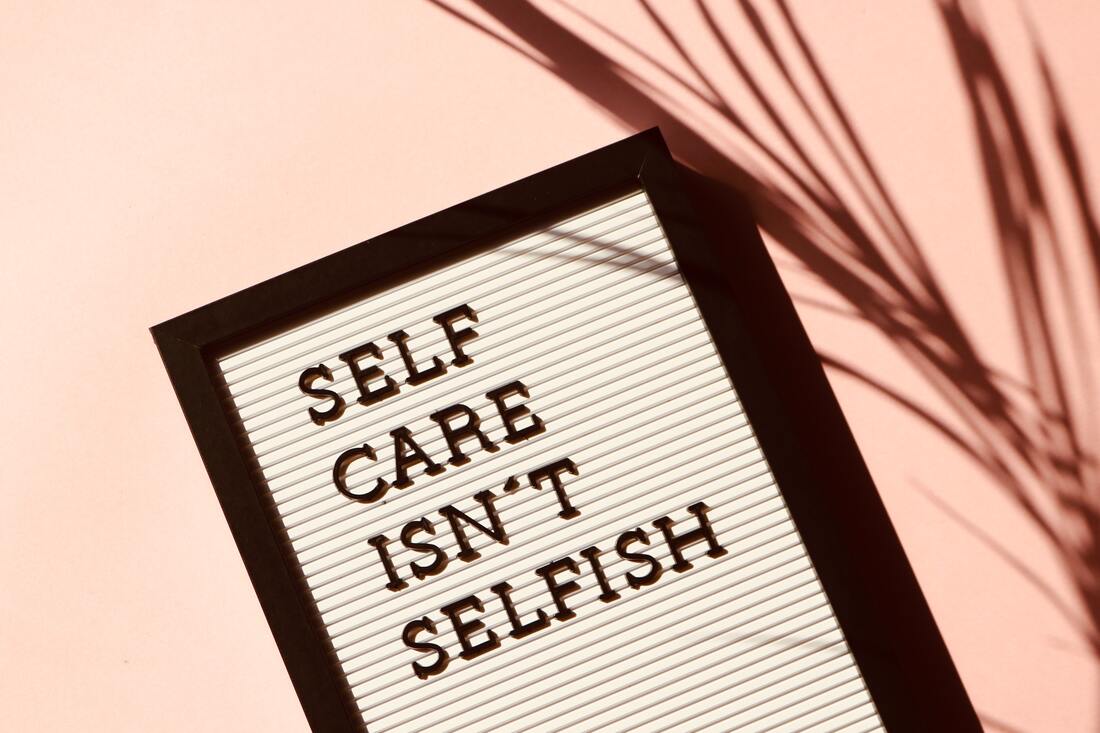
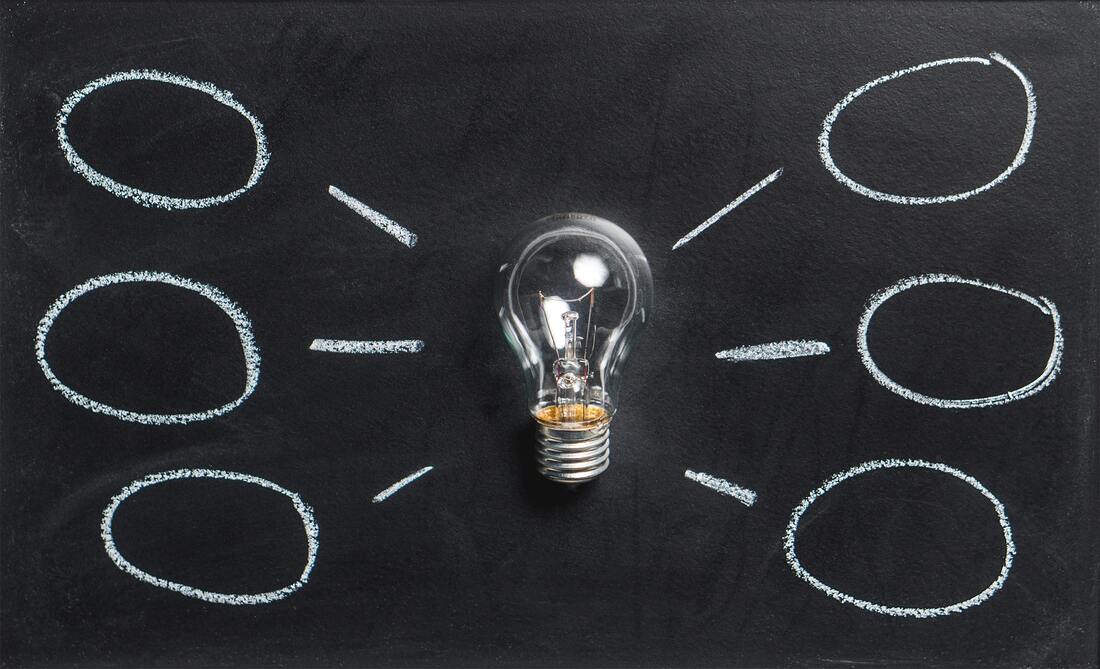


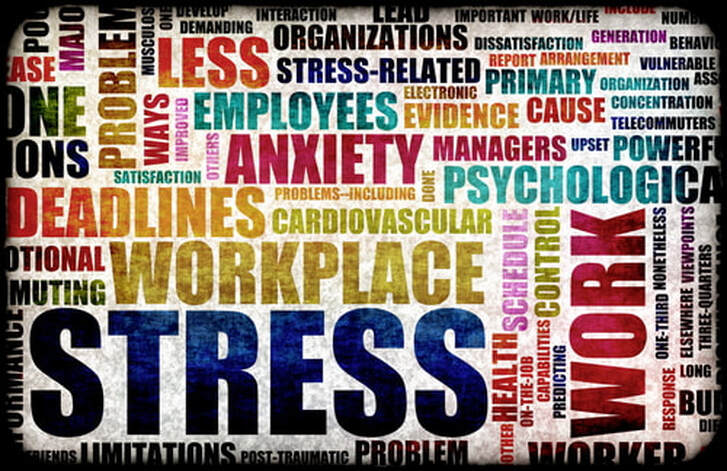
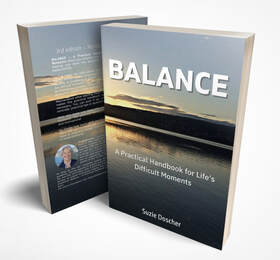
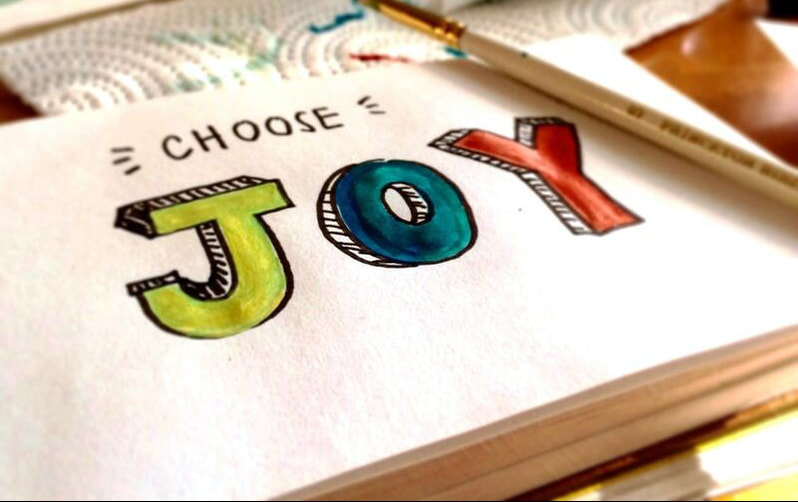


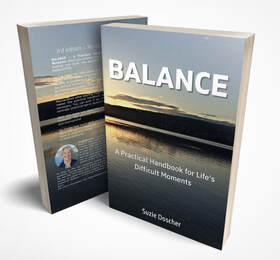
 RSS Feed
RSS Feed

